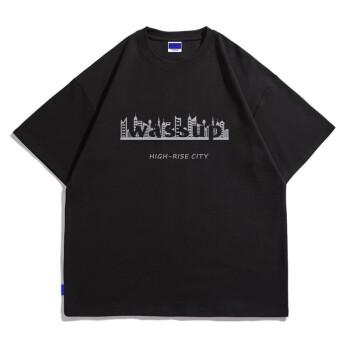The combination of technology and intelligent manufacturing has brought many opportunities and challenges to the apparel industry.
First of all, combining craftsmanship and smart manufacturing technology can improve the efficiency and precision of clothing manufacturing. Traditional clothing production usually requires a lot of manual operations and time, but intelligent manufacturing technology can realize the automation and intelligence of the production process through automated equipment, the Internet of Things, artificial intelligence and other means. This can significantly improve production efficiency, shorten production cycles, and reduce errors caused by human factors, thereby improving product quality and consistency.
Secondly, the combination of technology and intelligent manufacturing can achieve customized production. Consumer demand for personalized clothing is growing, and traditional mass production models are unable to meet this demand. Through intelligent manufacturing technology, customized production can be carried out according to individual sizes, preferences and needs, thereby providing more personalized clothing products. This not only meets consumer needs, but also improves brand competitiveness and user loyalty.
In addition, the combination of technology and intelligent manufacturing can also promote the optimization of the supply chain. Traditional supply chains usually have problems such as information gaps and time-consuming processes. Intelligent manufacturing technology can realize full-chain visualization and collaborative optimization of the supply chain through the Internet of Things, big data analysis and other means. This helps improve the accuracy of production planning, reduce inventory costs, and also better adapt to changes in market demand.
However, the combination of technology and smart manufacturing also faces some challenges. The first is the high investment cost of technology and equipment. The introduction of smart manufacturing technology requires the purchase, installation and maintenance of corresponding equipment and systems, which requires a certain amount of capital investment for enterprises. In addition, intelligent manufacturing also requires relevant personnel to have certain technical and management capabilities, which puts forward higher requirements for corporate organizational structure and human resources.
Secondly, the upgrading of intelligent manufacturing technology is accelerating, requiring enterprises to continuously update and improve in line with technological developments. This places higher demands on the enterprise’s R&D capabilities, innovation capabilities, and organizational structure flexibility.
Finally, due to the complexity of smart manufacturing technology, companies may face some technical difficulties and information security risks when integrating different systems and equipment. Therefore, enterprises need to strengthen technological research and risk management capabilities while introducing intelligent manufacturing technology.
In summary, the combination of technology and intelligent manufacturing has brought many opportunities to the apparel industry, including improving production efficiency, achieving customized production and optimizing supply. chain. However, when promoting intelligent manufacturing, companies also need to face challenges such as technology investment costs, personnel quality requirements, and technology updates and iterations. Therefore, enterprises need to comprehensively consider their own situations, carefully introduce intelligent manufacturing technology, and work closely with relevant partners to jointly promote the application of intelligent manufacturing in the clothing industry.







